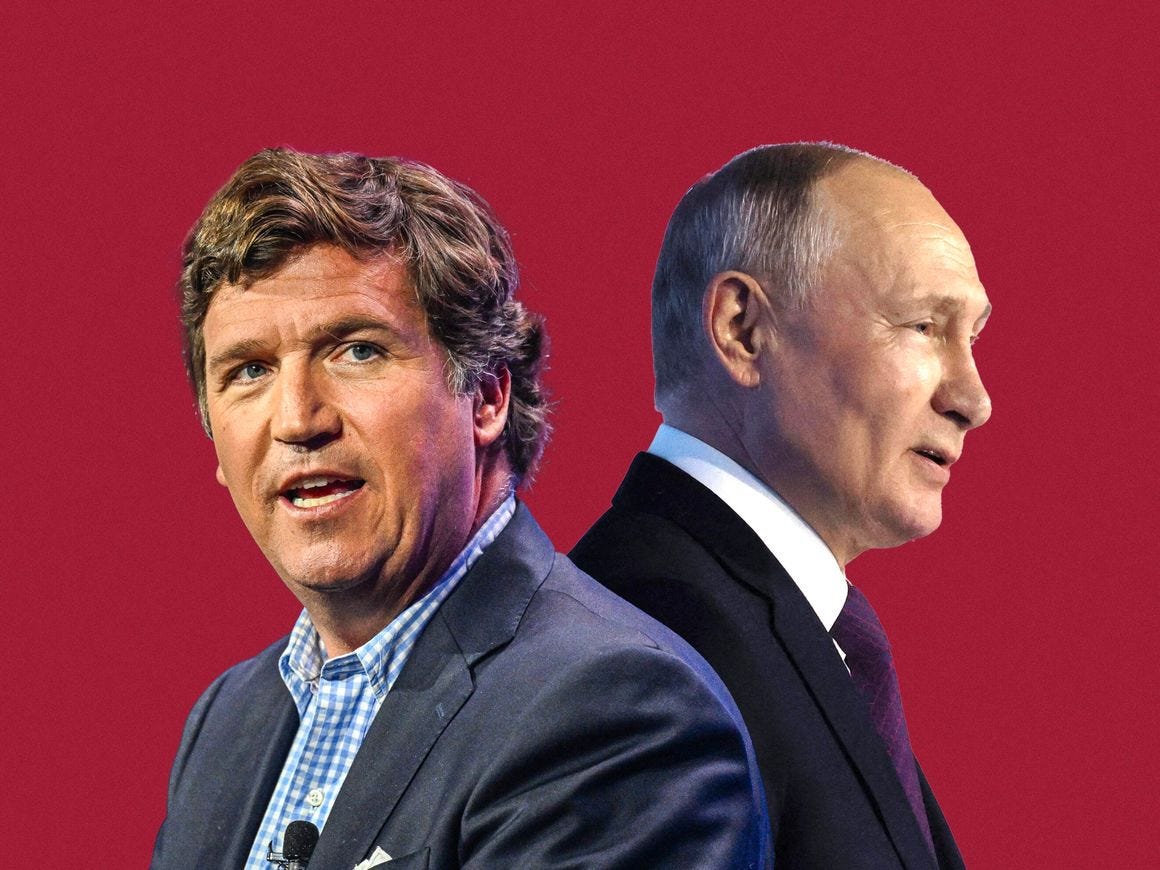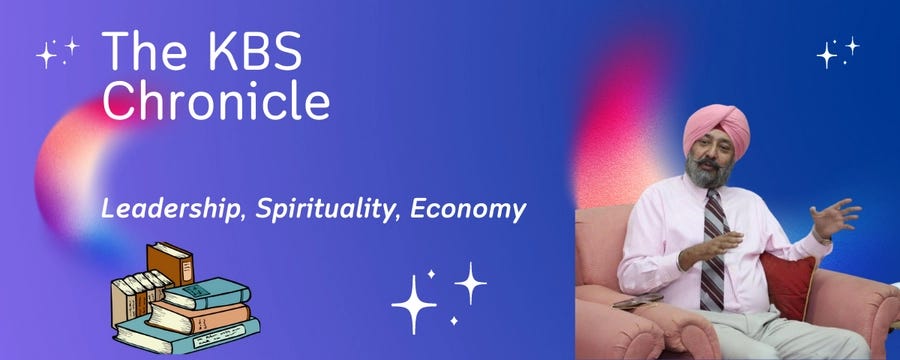Vladimir Putin's Exclusive Interview with Tucker Carlson: The Envy of Mainstream US Media
Introduction: A Controversial Bridge-Building Initiative
In an era where mainstream media often finds itself at odds with alternative voices, the announcement—made on February 6— of Tucker Carlson's forthcoming interview with Russian President Vladimir Putin has stirred a pot of intrigue, skepticism, and undeniable envy among US media circles. The former Fox News star, ousted amidst controversy, seems to have found a new lease on his journalistic pursuits, embarking on a venture that many in the Western media landscape view with a mix of astonishment and jealousy.
Carlson's Claims and the Kremlin's Clarification
Tucker Carlson, known for his conservative stance and history of airing contentious "news," claimed that prominent US newspapers and television outlets had turned a blind eye to Putin since the Ukraine invasion, ignoring Russia's perspective. This assertion was quickly countered by Kremlin spokesman Dmitry Peskov, emphasizing that, contrary to Carlson's claims, the Kremlin receives numerous interview requests from Western media. Peskov's response highlights a nuanced reality, pointing out the selective engagement strategy of the Kremlin with Western journalists, favoring voices like Carlson's that diverge from the mainstream narrative.
The Strategic Significance of Carlson's Interview
The Kremlin's decision to grant Carlson an interview reflects a strategic maneuver aimed at fostering ties with the disruptive MAGA faction within the Republican Party, loyal to Donald Trump. This move is seen as an attempt to influence US policy, particularly the flow of military aid to Ukraine, which is crucial for the Eastern European country's defense against Russian aggression. The interview underscores the complex interplay of international politics, media, and public perception, raising questions about the role of journalism in shaping geopolitical dynamics.
Putin's Outreach to Conservative America
Putin's portrayal of himself as a guardian of traditional conservative values, juxtaposed with his disdain for Western liberalism, particularly on issues like transgender rights, aligns with the sentiments of many in the MAGA movement. This alignment not only cements Putin's appeal among certain segments of the American populace but also exemplifies the Kremlin's long-term strategy to exploit societal divisions within the US.
Carlson's Role in Kremlin Propaganda
Critics argue that Carlson's engagement with Putin serves as a conduit for Kremlin propaganda, undermining the Biden administration and bolstering pro-Trump narratives. Janis Kluge's observation that "Carlson is smart and his agenda is clear. He and Putin will work together brilliantly to reinforce the false narrative about Ukraine, weaken Biden, and strengthen Trump" encapsulates the apprehensions surrounding this interview. It highlights the potent mix of media influence and political agendas, suggesting a calculated effort to sway American public opinion.
The Irony of Media Envy
The mainstream US media's envy of Carlson's interview with Putin reflects a deeper irony within the journalistic profession. While many outlets strive for impartiality and comprehensive coverage, the allure of exclusivity and access to controversial figures remains a coveted prize. The fact that the Kremlin prefers engaging with figures like Carlson, who often echo its narratives, over more traditional media outlets, underscores the challenges faced by the press in navigating the complex terrain of international politics and propaganda.
Summing Up: Navigating the Murky Waters of Free Speech and Journalism
The controversy surrounding Tucker Carlson's interview with Vladimir Putin raises fundamental questions about the principles of free speech and the responsibilities of journalists. In a world where access to diverse perspectives is both a right and a challenge, the onus is on the media, policymakers, and the public to discern truth from propaganda. As the US grapples with these issues, the envy elicited by Carlson's interview serves as a reminder of the ongoing battle for narrative control in the digital age, highlighting the intricate dance between media freedom, political agendas, and the quest for authenticity in journalism.



